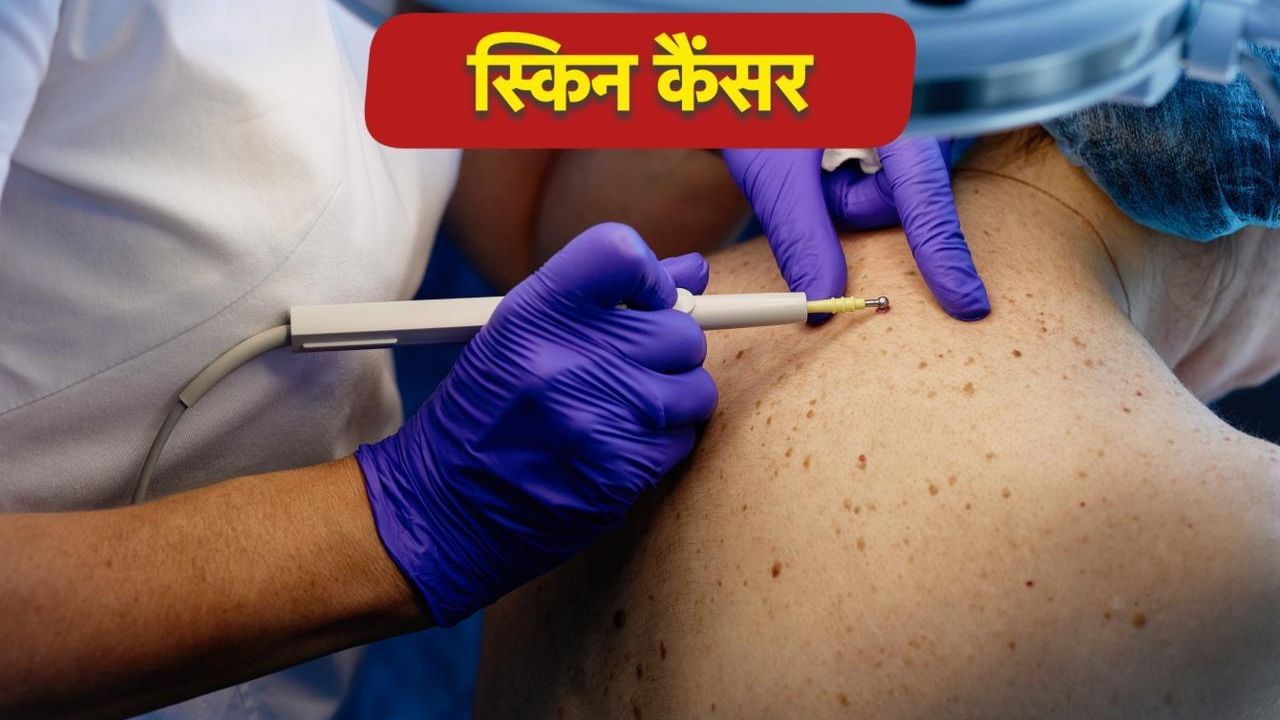What is skin cancer?Image Credit source: Getty Images
Skin cancer is a serious cancer that occurs in the skin cells, in which abnormal cells start growing rapidly. There are three main types of skin cancer. The first is basal cell carcinoma (BCC), which is the most common and grows slowly. Second, squamous cell carcinoma (SCC), which develops in the upper layer of the skin and is more likely to spread. Third, melanoma, which is the most dangerous type because it can spread rapidly to other parts of the body. With timely detection and treatment, the risk of skin cancer can be reduced to a great extent.
skin cancer The biggest cause is excessive exposure to the sun’s UV rays. Staying in the sun for a long time and working in the sun without using sunscreen increases its risk. Apart from this, changes in genes, weak immune system, contact with chemicals, radiation exposure and repeated burns or injuries on the skin can also be the reasons for this. Skin cancer can occur in any part of the body, but the most effect is seen in those places which are exposed to sunlight like face, neck, hands, arms and legs. Melanoma often shows up as changes in moles, so regular skin checks are important so that any abnormal changes can be caught early.
Who is at risk of skin cancer and what are its symptoms?
Dermatologist Dr. Soumya Sachdeva at Max Hospital It is said that the risk of skin cancer is higher in those people who have very fair skin, who stay in the sun for a long time or who have this disease in their family. The elderly, patients with weak immunity and those who have many moles on their body are also at higher risk. Its symptoms include new growth on the skin, non-healing of the wound, change in shape and color of a mole and sudden itching or bleeding.
Signs of melanoma include uneven shape of the mole, blurred edges, change in color to darker or multiple shades, and sudden rapid increase in the size of the mole. If any change is seen on the skin that does not seem normal, it is very important to get it checked by a dermatologist immediately.
How to protect?
Always apply sunscreen with SPF 30 or higher when going out in the sun.
Avoid strong afternoon sunlight i.e. 11 AM-3 PM.
Wear a hat, sunglasses and full-sleeve clothing.
Do not use tanning beds at all.
Especially protect children’s skin from sunlight.
If you notice a mole or skin change on your body, consult a doctor immediately.
Take a healthy diet and keep your immunity strong.
